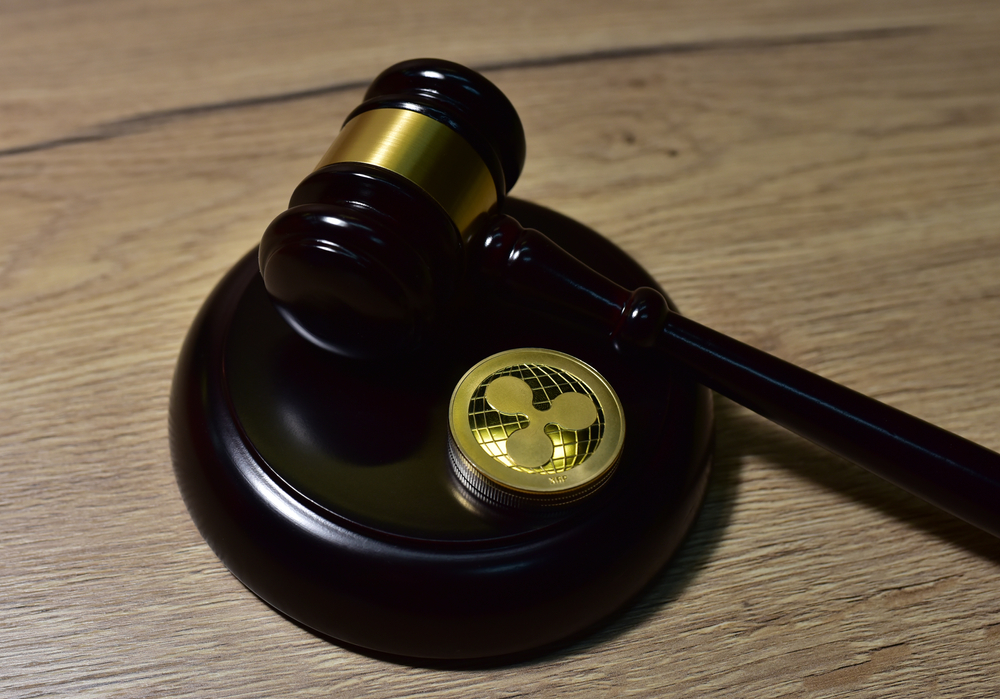Key Insights:
- Ripple’s defeat to SEC could plunge XRP community into prolonged uncertainty, warns attorney John E Deaton.
- Should Ripple lose, Deaton predicts SEC’s collection of $1.3B, with XRP holders potentially compelled to sell.
- Despite impending challenges, Deaton advocates for the benefits of being among the over 75,000 XRP holders.
Prominent XRP attorney John E Deaton recently projected the dark clouds of adverse effects that could result from Ripple losing its ongoing SEC lawsuit. With this litigation dragging on, an unfavourable outcome for Ripple spells a prolonged period of uncertainty and challenges for the XRP community.
The Dangers of Ripple’s Potential Defeat
Deaton took to Twitter on July 6 to respond to an XRP holder’s inquiry about the possible repercussions if the court declared XRP security. With a clear understanding, Deaton underlined that if the SEC emerged victorious, Ripple would inevitably file an appeal to the Supreme Court. However, this would mean maintaining the status quo and extending the lawsuit’s duration.
Moreover, Deaton expressed confidence in Ripple’s ability to succeed in such an appeal, suggesting a win for the crypto firm as a distinct possibility. Significantly, he argued that the Supreme Court would likely take up the request, mainly if Congress remained inert. Consequently, according to Deaton, an appeal might extend the legal tussle for two to five years, but the eventual outcome could still favour Ripple.
XRP Community to Bear the Brunt of Ripple’s Loss
Additionally, Deaton depicted a five-year future scenario wherein Ripple loses all of its appeals. In such a case, he anticipates the SEC collecting around $1.3 billion, which wouldn’t necessarily benefit the civil plaintiffs. The SEC could reimburse the XRP holders to sell their tokens.
Deaton, however, strongly advocated for the advantages of being among the 75,000 XRP holders, owing to the ease of identifying a sizeable putative class of such holders. Nonetheless, he took a strong stance against those suggesting that the designation of XRP as a security would not be adverse if it resulted in a monetary recovery for XRP holders at some future point. These people, he claims, need to be more explicit about the real implications.
In conclusion, Deaton’s perspective paints a tumultuous future for Ripple and the XRP community if the SEC lawsuit doesn’t end in their favour. The situation would trigger extended legal wrangling and an unwelcome pause on the progress of Ripple, leaving the fate of XRP and its holders hanging in the balance. Hence, it is clear that the outcome of this legal dispute is of monumental importance for the future of Ripple, XRP, and the broader crypto community.
